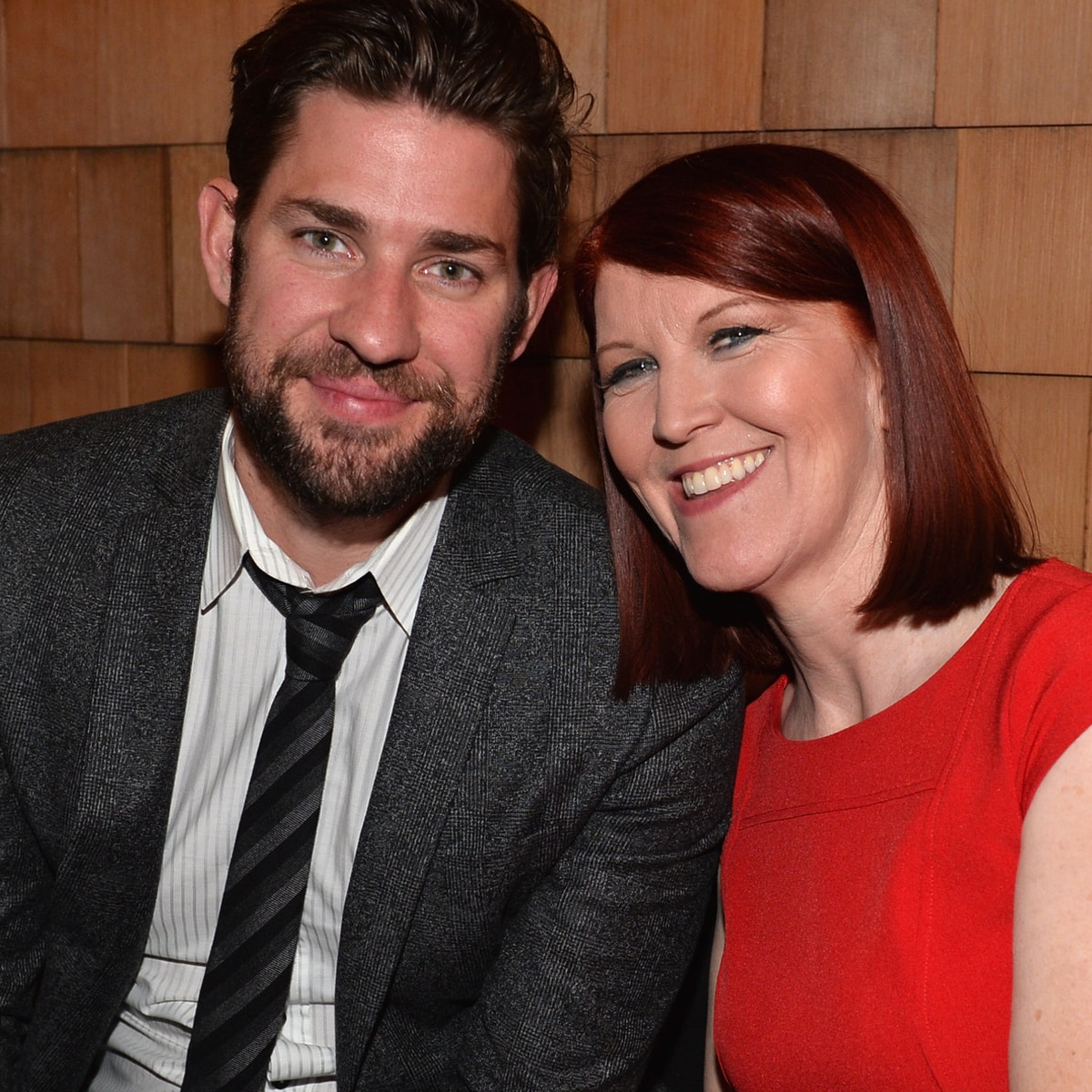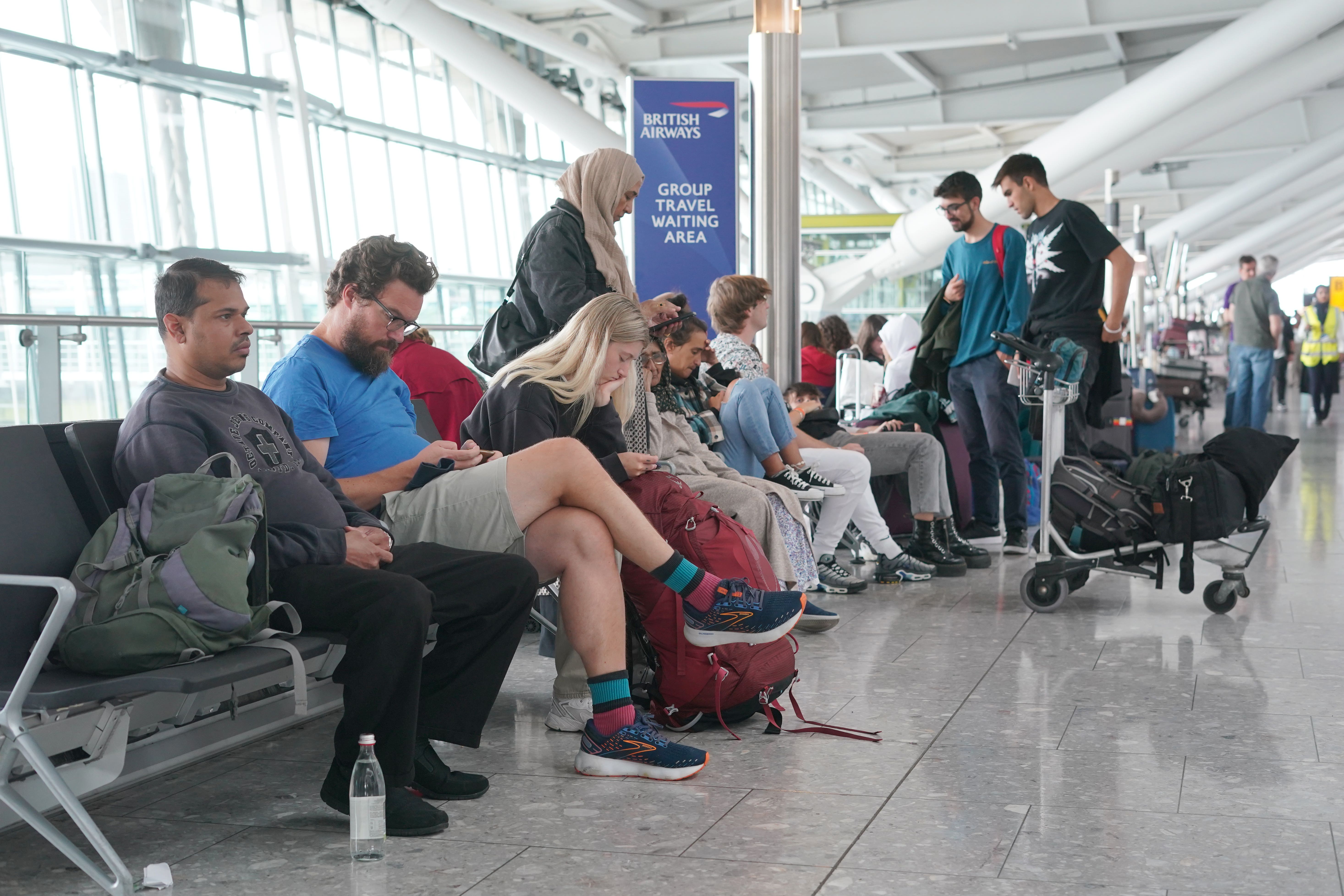This Is How Long You Should Preheat an Oven
Preheating your oven is vital for many recipes, and here's how long it can actually take.


If you’ve ever followed a recipe that involves baking, roasting, braising, broiling, or otherwise turning your oven on at all, I’m sure you’re familiar with this line: preheat your oven to ___ degrees. It’s so common you shouldn’t even have to think about it. And you’re always preheating before you start preparing anything, so by the time you’re ready you know your oven is theoretically scorching hot.
Have you ever wondered, “How long does it actually take to preheat an oven?”
It’s All About Time and Temperature
The two most important factors in oven heating are temperature and time. Getting an oven to 375°F for your nonna’s lasagna will definitely be quicker than the 500°F needed for baking sourdough bread. Most ovens will get to 350°F in 10 to 15 minutes. For every 50°F above that, add at least five minutes to ensure the heat is fully dispersed throughout the cavity.
Different Approaches to Preheating
Bon Appetit’s Shilpa Uskokovic recommends letting your oven preheat for about 20 minutes. Personally, I like to preheat my oven about 25 to 50 degrees above my cooking temp, accounting for the heat lost when the door’s open. Once I put the food into the oven and close the door, I’ll drop the temperature as needed. So if I’m roasting a chicken at 425°F, I’ll set my oven to 450°F and wait 25 minutes to be on the safe side. After I put the chicken in the oven, I'll lower the temperature to 425°F.
A Trick for Faster Preheating
If you’re really pressed for time, one quick hack is to set your oven to broil and give it 10 minutes to crank up the heat. Since most ovens have their broilers inside the cavity, this will usually produce a lot more heat in a short time span. However, without an oven thermometer it’s difficult to accurately gauge the internal temperature, so proceed with caution.
Gas vs. Electric Ovens
According to East Coast Appliance, gas ovens heat up faster than electric models since the open flame produces more direct heat than an electric heating element. However, you should also consider where your oven’s heating elements are, and whether they’re exposed or hidden beneath a buffer. Additionally, electric ovens can vary depending on their voltage, which in turn will affect their preheating capacity.
Also, newer ovens usually have larger cavities than older ones, and filling that bigger space with heat takes more time. However, newer ovens also heat faster than older models, so the difference could be minimal.
A Convection Oven Hack
If you have a convection oven, you should use it to speed up your preheating time. By blowing all that hot air around, convection ovens reach target temperatures up to 25 percent faster than conventional ovens. Be warned though: for delicate airy dishes like soufflés or pizzas, make sure to switch back to the conventional setting with the fan off, or you could risk collapsing that delicate, airy structure.
Take Out the Guesswork
These days, most ovens come with either visual or auditory sensors that let you know your oven has preheated. However, for those of us with older models, miscalibrated ovens, or if you just have to double-check, look into an oven thermometer. These are standard in any commercial kitchen and come in either digital or analog flavors. They’re relatively affordable, easy to find, and highly accurate. I’d recommend them for any home cook, and I’d say they’re a requirement for anyone doing some serious bread baking or pastry work.
Preheating With a Stone Takes Longer
Finally, a quick word about cookware: if you’re using any additional solid elements for your cooking like bricks, pizza stones, or Dutch ovens, then increase your preheat time by at least double. This ensures your heating elements are at the same temperature as the oven, and will keep your cooking times consistent.
So how long does it take to preheat an oven? Well, like most things in life, it depends. But knowing your oven and how you plan to use it will give you enough information to make an educated guess and set you further along the path to becoming a better cook.






/cloudfront-us-east-1.images.arcpublishing.com/gray/QF5H3LHWMBE2FFQLQY2VMDFLDA.jpg?#)












![Elon Musk LIED about emerald mine fortune, says dad [video]](http://www.thesouthafrican.com/wp-content/uploads/2024/11/Elon-Musks-father-Errol-claims-his-son-lied-about-his-knowledge-of-their-emerald-mining-fortune.jpg.optimal.jpg?#)














































